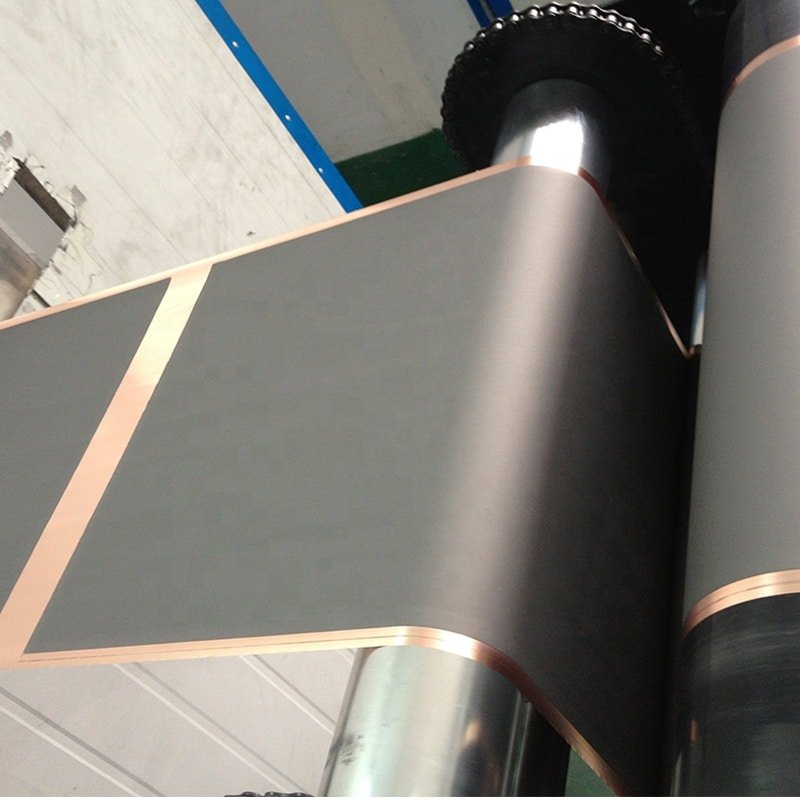At present, batteries on the market can be divided into two camps: lead-acid batteries and lithium batteries. Each offers its own advantages while creating certain difficulties for consumers. Let’s look at some differences between them both.
1. Different memory effects
Lithium batteries lack memory effects; they can be charged and discharged at any time with low levels of self-discharge. Lead acid batteries do not allow this, however; their self discharge rate can become severe after prolonged inactivity; their discharge rate remains small due to limited current available for discharging over a longer period.
2. Varying operating temperatures
Ordinary lithium battery operating temperatures range between -20 and 60, but when temperatures fall below 0, performance and discharge capacity start to deteriorate rapidly, necessitating working at temperatures in between 0-40 for optimal performance. Lead-acid batteries generally need to operate between 20-25C; below 15 C discharge capacity decreases significantly with every one degree decrease; over 30 degrees can significantly shorten lifespan.
3. Different working principles
Lithium-ion batteries are light weight and easy to transport. A lithium ion battery uses lithium metal or alloy as the negative electrode material and nonaqueous electrolyte; Lead acid batteries, on the other hand, have limited electrical energy storage capability but are best suited to certain locations due to their working principle: chemical energy is converted to electrical energy through using two lead plates filled with sponge lead as negative electrodes and two plates filled with lead dioxide as positive electrodes with 22%-28% dilute sulfuric acid electrolyte; during charging electrical energy is turned into chemical energy while chemical energy converted back into electrical energy upon discharge – an effect known as “sponge effect.”
4. Different usage conditions
Lead-acid batteries boast many advantages over lithium ones: lower costs, greater safety features such as no danger of combustion and higher discharge current. Their temperature resistance allows them to release nearly half their electrical energy at temperatures as low as -30. However, lithium batteries offer lighter weight, larger capacities and voltage range of 3.7V-4.2V; making them suitable for portable appliances, mobile phones, laptops and flashlights that have stringent weight and volume requirements such as portable computers or flashlights.
5. Differed Security
One drawback of lithium batteries is their high price; precious metals serve as positive and negative electrodes while lithium compounds serve as electrode material. Lithium is an active metal, producing heat energy when exposed to oxygen or improperly charged or discharged. Lithium undergoes intense oxidation reactions if left exposed for long periods, thus increasing its heat production significantly and intensifying oxidation reactions when improperly charged or discharged. As lithium batteries are typically packaged in rigid containers, rapid temperature increase inevitably results in pressure rise and could potentially result in explosion. To prevent insecurity, lithium batteries and combinations must be equipped with a protective board which regulates their charging and discharging current/voltage cycles, also known as a circuit board. Without such protections in place, batteries cannot discharge at high current arbitrarily, while discharge activity decreases in low temperature environments.
Lead acid batteries and lithium batteries both offer their own set of benefits, so finding one that best meets your needs is key. While lithium batteries have many advantages, their technology still needs improvement; over time lead-acid battery technology has evolved more maturely while becoming cheaper; hence its popularity.
But lithium batteries are increasingly seen as the future trend in battery technology and cost effectiveness is steadily improving, which suggests lead-acid batteries could one day be obsoleted entirely.




